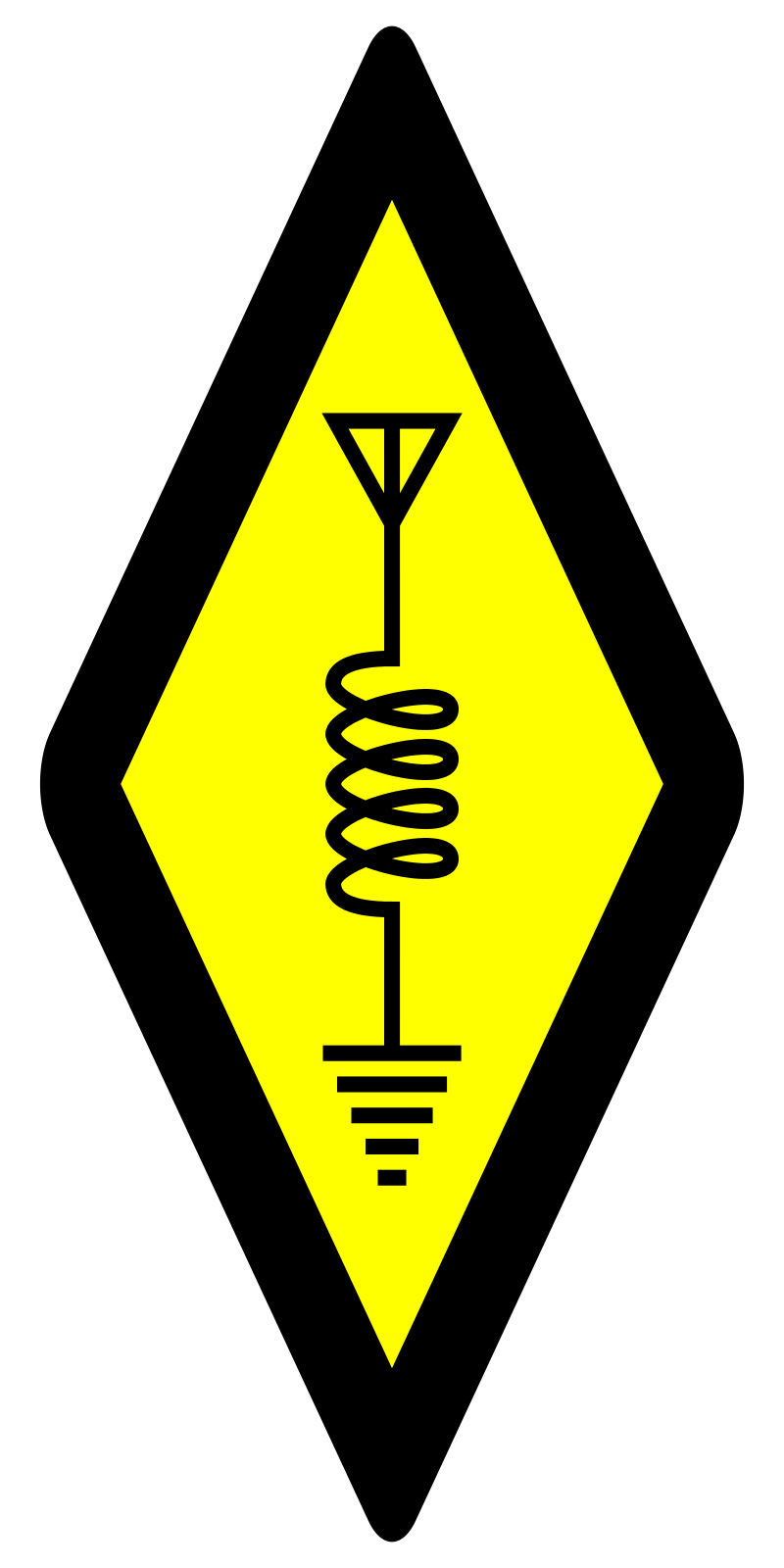I’m vacationing in Japan at the moment, visiting relatives. It is sweltering so we stay mostly indoors, but I have been a couple of trips to akihabara. Initially I only meant to buy a used ic-7100 this year, but then of course I also needed a new psu, so alinco was it. After a couple of days I realize that an brand spanking new ic-7300 was half price compared to home (provided I manage to avoid VAT coming home) so I bought one. And now I of course need a new antenna for all this fancy new equipment… It snowballs.
I know I’ll have to do mars mod on the radios. No trouble. That’s easy.
Actually my main worry is my baggage allotment when flying back home.


This popped up only my Lemmy feed and am curious who the amateur radio people talk to? I like the idea of getting a ham license just to learn more about radio but I don’t really have any desire to talk to people. Who do you talk to? What do you say? Is it just casual conversations across radios or is there more to it?
I am not one to chit chat. I listen mostly and occasionally dust off the microphone when I have something interesting to add to the discussion. I also go out of my way to say hi and welcome to a new voice on the local radio repeaters, and make sure they know the local radio resources to find out what’s happening in our area.
Amateur Radio is a vibrant community with a lot of really genuine people interested in the many different aspects of radio. Some people (like myself) enjoy building radio networks/infrastructure and doing projects that enhance our community resilience or our ability to communicate. Others like building radios themselves, or antennas, or go boxes, or a lot of other things.
Then there are the plethora of other things you can do with amateur radio:
The most rewarding experiences I have in amateur radio are working with other local amateurs towards a common goal. People from a wide variety of backgrounds that all bring different skillsets and knowledge to the table that all gets combined to create some magic. It’s really fun.
Three months ago, we organised an infostand on amateurradio at a makerfaire … and ‘talking to people’ was hardly ever mentioned.
Amateur radio is a technical / scientific hobby for everything about radio, radio communication, radio technology and radios propagation.
Actually, the first thing we showed was a small WSPR transmitter and showed that with just ‘a little bit more transmission power then your wifi-router at home’ we could be receiver 4000 km away. (and explained that by transmitting a radio-signal very slowly, you can reach very long distances, … and about HF propagation, greyline propagation, and as wspr signal is so simple, you can build such a transmitter yourself)
please do not equate hamradio with ‘talking on the radio’. That is probably the worse way to explain what our hobby is about. Ham-radio is ‘a giant playground that allows you to play around with radio-technology and learn how radio really works’.
Kr. (ON1ARF)